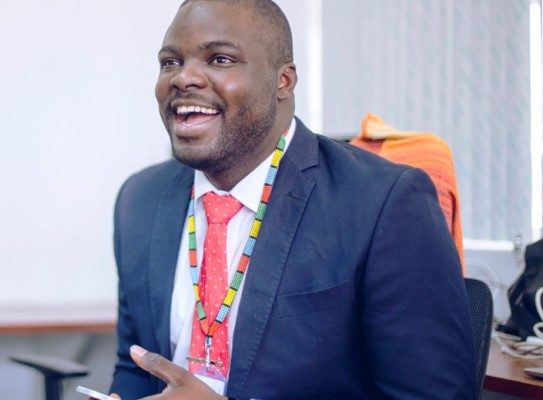Gather round friends! Can I be extremely vulnerable with y’all for a second?
One big lesson I’m learning this year is that even as a VC, I actually need the business advice I dish out to entrepreneurs even more than they do.
RELATED: Where are the VENTURE CAPITALISTS?
VCs do a great job of putting on a brave face but if founders ran their companies the way most venture capitalist (including me) ran their firms, they would be ‘uninvestable’. Traditional VC is such a terrible business model.
ALSO READ: Bridging Africa through Venture Capital
Can you imagine building a business where:
- You must have enough money to quit your job, set up your company, work for free and travel around the world for at least 2 years before you make anything.
- You must sell all the products in your batch within those two years but you will only get the money to make the product over 2-4 years and it will take 5-10 years to deliver the product.
- You hope customers don’t suddenly change their mind about buying midstream because there is really nothing you can do if they stop paying
- If you sell all your product, you must have enough money to buy 2% of it.
- You can only spend a maximum of 20% of what you have sold on salaries. You will get 2% of it every year over 10 years. 98% of your annual budget goes to inputs for making product.
- Most of the products you make will not work but you won’t know for seven to 10 years.
- To make a profit, out of every batch of 20-30 products one or two products must work well enough to cover 2x the cost of the entire batch of products but you do not control product pricing.
Build Future Africa into a real business
This is why most VCs don’t make it past Fund I.
Early this year I made a decision to throw away the traditional Venture Capital textbook and build Future Africa into a real business with two clients:
- startups who want to build a profitable and growing business that solves a real problem
- investors and corporates who want to grow their money by investing in or buying these businesses.
The biggest breakthrough in our business at Future Africa has been simplifying our operations to focus on these two clients.
This has meant being comfortable with no. No valuation games. No performing acrobatics for development finance institutions (DFIs). No to Environmental, social, and governance (ESG). No to packaging bad entrepreneurs for fundraising. No to startups with negative burn. No to large investment teams. No to Special Purpose Vehicles (SPVs). No to expensive trips on our dime so we can meet disinterested Limited Partners – LPs (you are either rich enough to pay us to come pitch you or we can use Zoom).
Helping founders by selling practical value adding services
Now we only talk to investors who email us about helping them make more money by investing in startups that make money. We help founders that are serious about building a great business by selling practical value adding services like legal services, financial advisory, technology and product management, fundraising and story telling.
If you are an African VC who wants to survive, I suggest you start practicing what you preach to founders, ditch that Silicon Valley’s pure play VC textbook and build your firm into a real profitable business.
Iyinoluwa Aboyeji is CEO and General Partner of Future Africa, the fund for Africa’s future, providing capital, coaching, and community to bold and visionary leaders. Future Africa is turning Africa’s biggest challenges into business opportunities.
Credit: Iyinoluwa Aboyeji





























